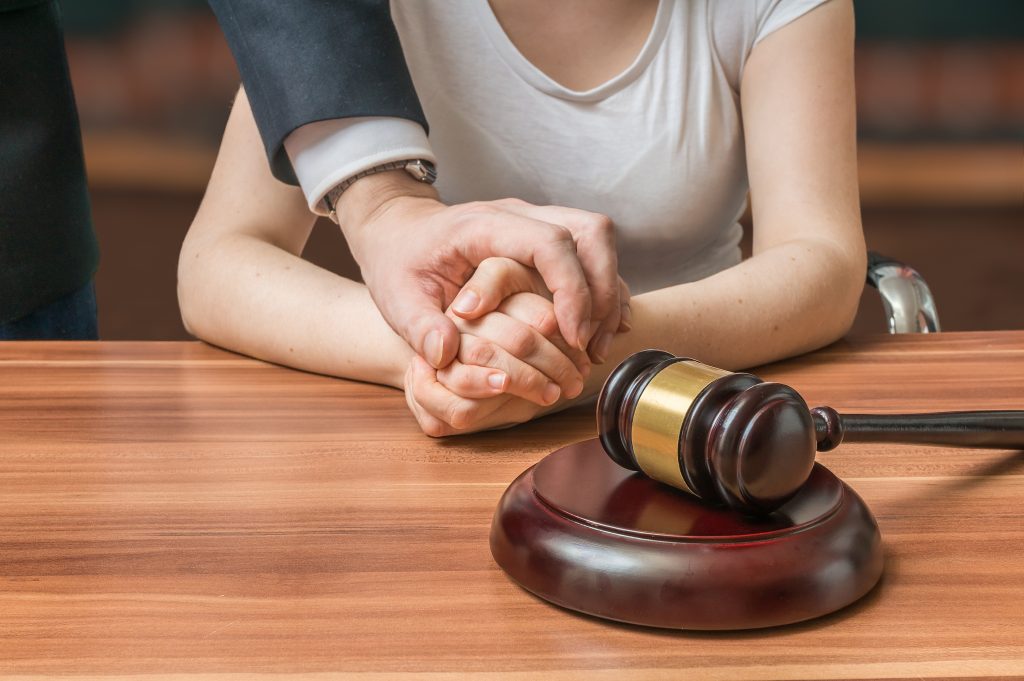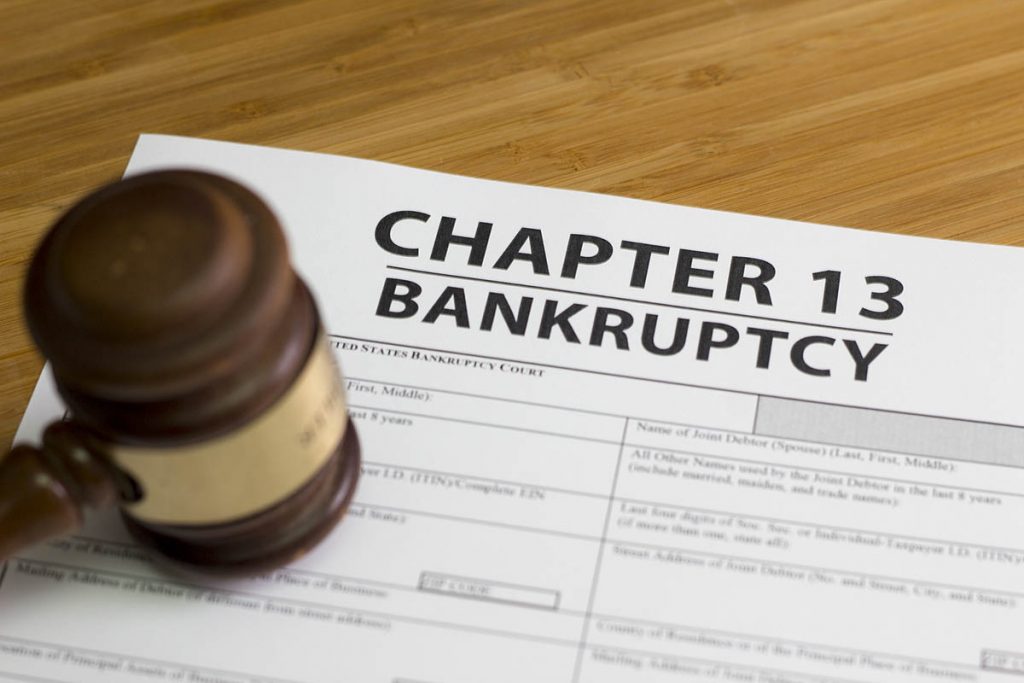What Does a Bankruptcy Trustee Do?
A Chapter 13 bankruptcy offers numerous potential benefits for those who are struggling with debt and can’t find a way out. Immediately upon filing your petition for bankruptcy, for instance, you get the benefit of the automatic stay. This is a legal stay on any collections efforts for all debts included in the bankruptcy filing, and it can even stop a vehicle repossession or home foreclosure to give you time to go through the bankruptcy process.
However, Chapter 13 bankruptcy is not the right choice for everyone, and it’s important to speak with a bankruptcy attorney to find out about all your options and what might be right for you. Chapter 13 is a repayment plan, which means you will go through a three-to-five-year process that involves making payments to the bankruptcy Trustee. The Trustee in turn uses those funds to pay off some of your debt before the remaining amounts are discharged.
Who Is Your Chapter 13 Bankruptcy Trustee?
Under the United States Trustee Program, your Trustee is assigned by the bankruptcy court. He or she is a third party who has no personal interest in your finances or those of your creditors. This allows the trustee to manage your bankruptcy case without conflicts of interest.
Can a Trustee Impact Your Bankruptcy Petition?
The Trustee plays a critical role throughout your Chapter 13 bankruptcy case, and they can impact the initial and ongoing success of your petition. Here are a few things the Trustee may do that impacts whether your repayment plan is approved by the court or whether your bankruptcy is dismissed before you are done with the repayment plan:
- Conduct the initial meeting of creditors. The Trustee may play an administrative role in this meeting to hear from creditors regarding your bankruptcy filing.
- Interview you about the plan. During an initial meeting, you will need to speak to the trustee and attest to the accuracy of your bankruptcy petition and related paperwork. The Trustee may also ask you questions about your income and repayment plan.
- Provide input into the feasibility of the plan. If the Trustee doesn’t think your plan will work—for example, they don’t think you have enough income to make the payments regularly or they believe you have left out important priority debts such as tax debt—they will communicate with your lawyer. They may ask that you make some changes to the repayment plan or petition before they recommend to the court that your case can move forward.
- File a motion to dismiss the case. If you don’t keep up your obligations under the Chapter 13 plan, including making timely payments to the Trustee, the Trustee may file a motion to have your case dismissed.
What Tasks Does a Bankruptcy Trustee Handle?
During your Chapter 13 repayment plan, you submit payments to the bankruptcy Trustee’s office every month. In some cases, these payments are taken out of your employer-paid wages like a garnishment. In other cases, you make the payments directly.
The Trustee’s office manages those payments, securing your funds and using them to make payments according to your Chapter 13 bankruptcy plan. In some cases, this means making payments to secured debt holders such as your mortgage company and auto lender as well as making some payments to other creditors. Typically, your repayment plan does not cover all that you owe, and remaining unsecured debts included in the plan are discharged at the end of your case.
Does the Trustee’s Office Do This for Free?
No, the money you pay to the Trustee’s office includes an amount to help cover the administrative and staff expenses of the office.
Can You Trust Your Bankruptcy Trustee?
Bankruptcy Trustees are held to a high fiduciary expectation under the law. This means that they are not legally allowed to act in any way that would not be in your “interest” insofar as handling money and making payments is concerned. They must follow the provisions of your repayment plan, and there is a lot of oversight in the process. In fact, you can usually create a portal account to view your funds and how the Trustee made payments on your behalf.
Do You Communicate With the Trustee Regularly?
While there are some ways to communicate with the Trustee’s office, especially if you need help creating an online account or have questions about where to send payments, you don’t tend to have a lot of direct communication with the Trustee during a Chapter 13 case. In fact, if you have a bankruptcy attorney working on your behalf, almost all communication about your case will go through your lawyer’s office.
Connect With an Experienced Chapter 13 Bankruptcy Lawyer Today
Bankruptcy is a complex process that can be stressful for individuals and households. Having an experienced legal team on your side can help you deal with this process and ensure that your petition and other paperwork is free of errors and issues.
Your lawyer also acts as a point of contact for bankruptcy matters, including speaking to creditors on your behalf. For those who are dealing with the weight of debt and debt collections, this can be a freeing time that allows them to restructure financially and make better decisions for the future. If you are considering Chapter 13 bankruptcy, reach out to the Holland Law Office at 970-205-9690 to find out how we can help.







